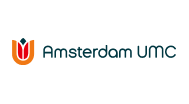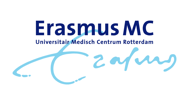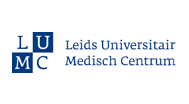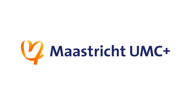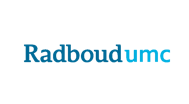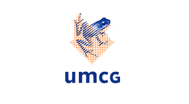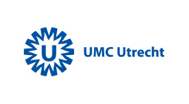Scientific integrity
When researchers do not assign priority to principles of integrity, the quality and reliability of science are threatened. That is why the NFU together with partners has prepared a code of conduct for scientific integrity.
In 2004 the first version of the Netherlands Code of Conduct for Scientific Integrity appeared. The NFU revised it in 2018, together with the Association of Universities (VSNU), Royal Netherlands Academy of Arts and Sciences (KNAW), Netherlands Organisation for Scientific Research (NWO), Association of Universities of Applied Science and Applied Research Organisations (TO2). The code of conduct is a manual that researchers and institutions can apply themselves to safeguard their own scientific integrity and that of others. Five principles were elaborated in 61 norms for good research practices, within the context of international framework documents:
Open, safe and inclusive
Researchers must feel free to discuss the norms with each other and address each other about complying with them. It is important for them to be able to work in an open, safe and inclusive research culture. The code contains clear guidelines about what researchers and institutions must do when they notice that scientific integrity is being infringed. It gives institutions the space to arrive at their own balanced judgement on potential violations, but states clearly the weighting criteria involved. In addition, attention is paid to other parties that can facilitate or hinder a good conduct of science with integrity, like financers of research (including the government), publishers, the media and societal partners.


